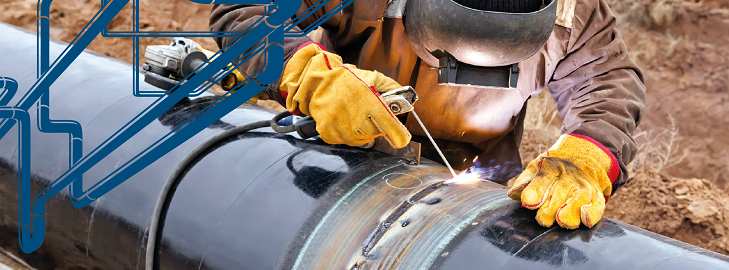[ARTICLE] With the theme “safety and energy connected with you” Rio Pipeline 2019 aims to increase social awareness

The rise of fuel thefts incidents in Brazil is a point of attention to oil & gas operators. Not only by the massive financial loss, but also by the risks these thefts represents to communities located near the pipelines. Such criminal actions are responsible for soil contamination and can cause explosion. According to Petrobras, occurrences increased from 72 in 2016 to 261 in 2018, a growth of 250%. Most of these 261 incidents had happened in major Brazilian cities: São Paulo (151), followed by Rio de Janeiro (69).
Accidents resulting from clandestine drilling reinforce the need to develop intelligence and safety measures to ensure protection of life, the environment, the country’s energy security and the integrity of facilities.
However, it is important to highlight that the deviation of pipeline products represents a huge cost to government in different countries. In Brazil, as reported by Petrobras, 42 million liters of products have been stolen between 2015 and 2018, provoking 8,600 hours of pipeline unavailability. The state company operates through Transpetro more than 14 thousand kilometers (8,700 miles) of pipelines that transport oil and by-products all over the country. This month, the company announced the creation of a prevention program that intends to reduce by 75% the number of thefts until December 2021.
Gathering specialists from around the world, the Rio Pipeline 2019 takes place in Rio de Janeiro from September 3 and 5. The meeting point of the international pipeline community in Brazil will provide a qualified debate on this topic and many others related to improvement, quality and safety in pipeline transportation. In its 12th edition, the conference expects to create channels that expand technical knowledge and social awareness about the relevance of this activity for the development of the country.
With the motto “safety and energy connected with you”, the Rio Pipeline 2019 intends to reinforce the need to intensify investments in safety and prevention that can detect clandestine drilling of oil pipelines.